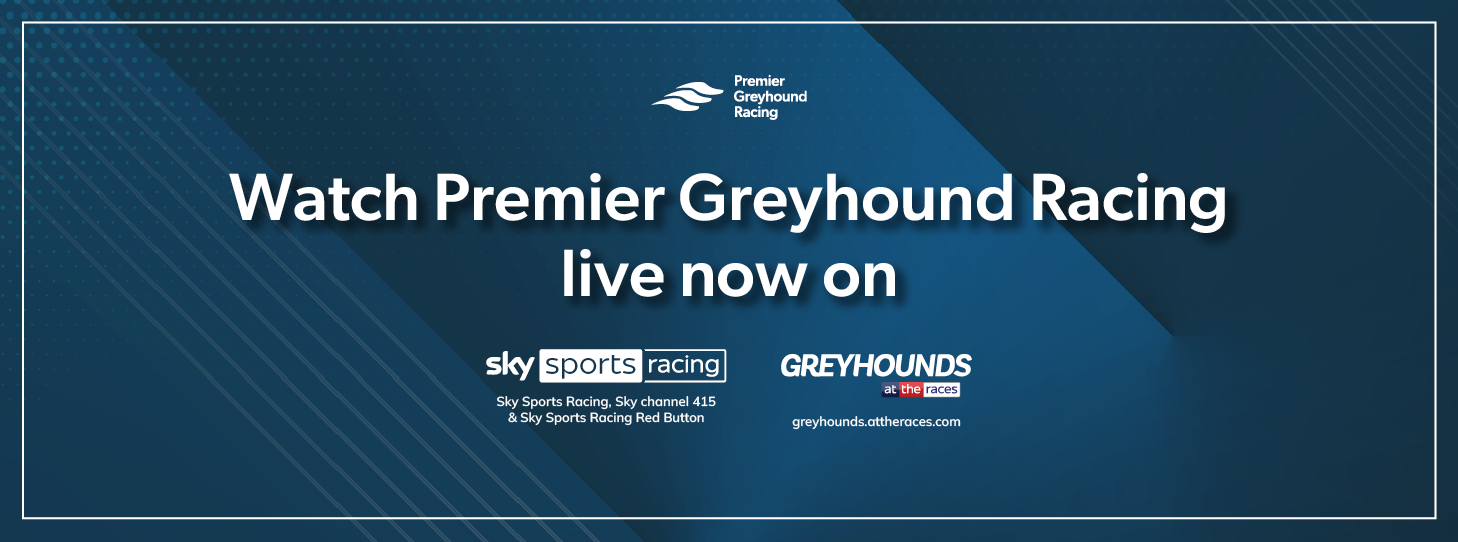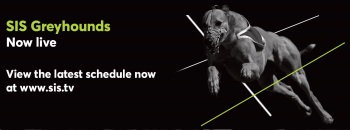As a kid did you ever do those ‘spot the 10 differences’ cartoons in magazines? A three-legged chair was always a given. The man has spots on his shirt in the first picture instead of stripes. The fraught looking woman whose eyebrows were missing. . . .? (For some reason they never used that one in Psychiatrist Monthly).
I digress.
Try imagining two pictures of ‘the UK greyhound racing industry’, 20 years apart. It is an enormous picture. The tracks are in one corner. Clearly a few less in the later picture. There is a Mark Bird replacing a Frank Melville near the edge of the canvas. There is a Bubbly Bluebird replacing a Top Savings. . .
That is the easy stuff to spot. The real differences in an ever changing industry are much more subtle. No matter how hard you look at the picture, you can’t see the Animal Welfare Bill, fewer pups being born, a decline in prize money or less variety in racing.
Events are evolving the whole time, often under the radar. Singly or combined they have a far greater effect than any track closure or succession of a champion.
There was a biggie within the last fortnight, though you are unlikely to have spotted it.
Among the Australian betting pools for Geelong and Albion Park, there was a decided British presence. BAGS have done a deal with SKY/TAB to supply pictures and form in New South Wales and Victoria.
I was looking through some of the results and there was typically $3-$5,000 being bet by late night punters on each race.
Quite what percentage of that will head across the water is confidential. The track promoters will directly benefit. How much finds its way to the dog owners and trainers is another issue – though clearly the industry’s ever increasing welfare bill will account for some of it.
Which brings me to the recent clash between BAGS and SIS.
Most calls and emails I receive are from people who don’t understand what the fuss is all about. There is a lot of concern.
The easy bit to explain is that SIS have attempted to persuade the betting shops that they don’t need the non-profit making administrators BAGS to supply the product. They can do it themselves after snapping up the rights to the Corals/Ladbrokes tracks and by acquiring the two William Hill tracks.
That still leaves a significant shortfall in product. Most of the other noteworthy tracks have joined the Greyhound Media Group, and are tied into BAGS contracts until 2019. SIS are trying to fill in the short term with the likes of foreign horse racing and dog racing from Tralee.
(Some of those gaps might soon – allegedly – be filled with extra fixtures for Romford and Monmore)
SIS would appear to have several medium/long term options. Firstly, they might persuade enough betting shops to jump ship and sink BAGS. Not hard. If they were to tie in Betfred, they could call on the support of 87% of all betting shops.
Those 2019 contracts wouldn’t be worth the paper they are written on.
So why would the betting shops want to topple BAGS?
The answer is of course, money. The bookies do not want to pay for a second greyhound service; they already have to pay out for two suppliers of horse racing.
SIS already own the Coral/Ladbrokes fixtures and supply their shops. They will soon own their own tracks and will inevitably supply the William Hill shops too.
But would SIS risk alerting the Competition & Mergers Authority? Would it be in the best interests of consumers that the bookies control so much of the industry, from tracks to betting shops, to the distribution (SIS is jointly owned by bookmakers) and also control the fixture list too?
Alternatively, SIS might oust BAGS and honour the 2019 contracts. They could do so and still legally reduce each track’s allocation by 20% per year.
Assuming the SIS bid did succeed, does that mean that the betting industry has effectively taken over greyhound racing with the inevitable long term loss of all but six/eight tracks?
The Greyhound Media Group don’t think so. They consider that they too have an equally valuable package. At this stage, their members are among those supplying Australia, Greece, Cyprus etc etc, via BAGS, with their betting shop coverage. They can do their own deals.
Even if the UK betting industry can increase its British stranglehold via its betting shops, that grip will matter less and less over time. The massive growth in internet betting means there will be plenty of demand from on-line betting firms.
Shops will matter less and less. Indeed, it is anyone’s guess how many furry betting shops will survive the myxomatosis that is the Triennial Review of FOBTs.
But what of go-it-alone Towcester? Armed with the biggest portfolio of valuable events in the calendar, they are negotiating their own deals with UK independent bookies and brokering their own deals in South America, ticking off one territory at a time.
Now back to that industry picture. Forget ‘spot the difference’. Does anybody have the faintest idea what it will look like in five years time?














